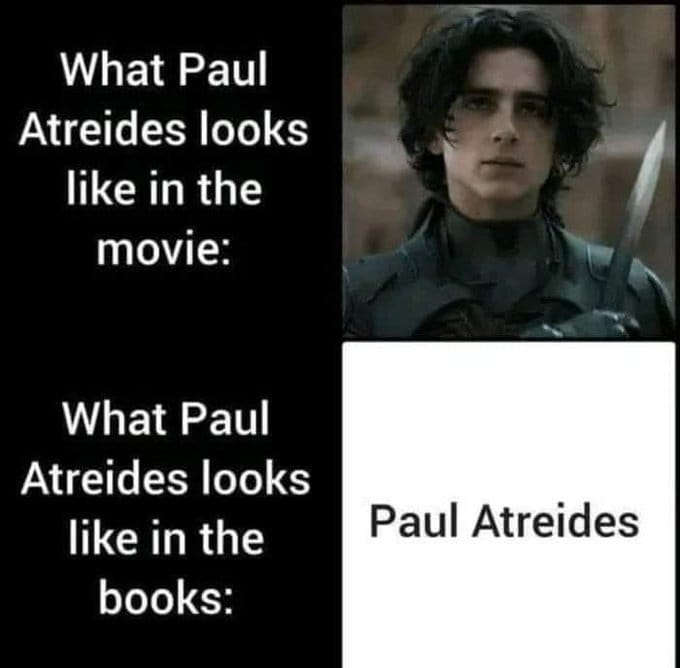Act and Potency
Edward Feser posted a lengthy reflection on Act and Potency. Act and potency are critical concepts in Aristotelian/Thomist philosophy, and will repay the attention given them. Act and potency start within what Aristotle called physics, the study of changable or mobile being. Aristotle's physics was continuously studied for almost 2000 years, first by the Greeks, then the Romans, then the Muslim Aristotelians, the Scholastics, and then by the budding natural scientists of the Renaissance and Early Modern eras.
Aristotle resolved a dilemma in early Greek thought that was in itself quite an accomplishment. Parmenides had argued against the cosmology of the Ionian philosophers by saying that true change was impossible. His argument is a masterpiece of logic. Being is. Non-being is not. For something to change means that what is not becomes what is. However, from nothing comes nothing. Thus change is impossible.
Perhaps this seems trite. However, Parmenides created such a formidable argument that both Plato and Aristotle, who are considered the two most eminent philosophers who ever lived, both devoted considerable time to answering him. Aristotle's physics is a response to Parmenides. Aristotle claimed that Parmenides was pretty much right, but he added an additional layer of distinctions that makes the matter more comprehensible. It is definitely true that being cannot come to be from non-being. However, nonetheless, things do change. Thus there must be both something that comes to, and a subject of the change that persists through the change.
In order for something to change, it must have potency. It must be able to be something else in some fashion. To change into something else is act, because then potency has ceased, and new being has replaced it. However, a new potency arises, because this new being can yet be something else. Act and potency always go together.
From this relatively simple foundation, Aristotle eventually ascends to the contemplation of being itself, the study of metaphysics. St. Thomas went even further, and used these distinctions in his Five Ways. However, as Feser notes, modern philosophy has rejected or forgotten much of this, so Aristotle and Thomas are now hard to understand because these disctinctions have been collapsed.
Cross-posted at Dead Philosophers Society

Comments ()